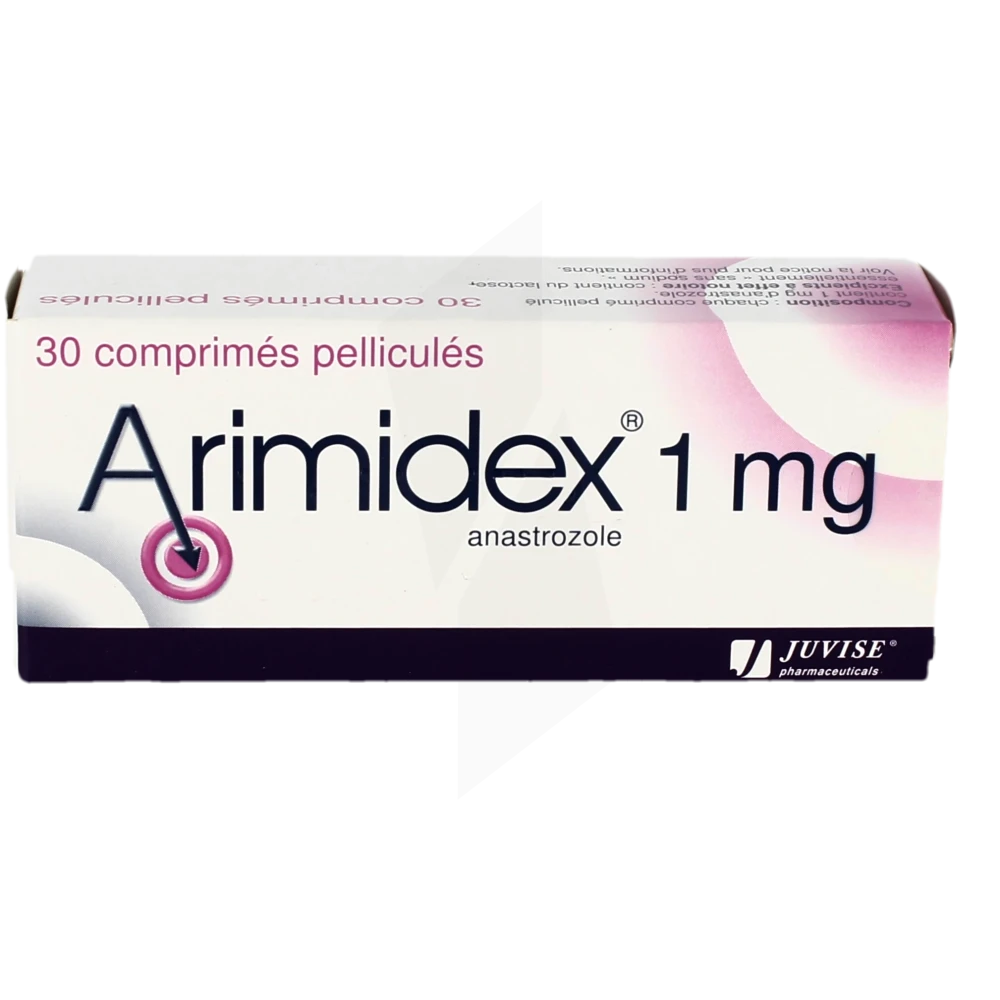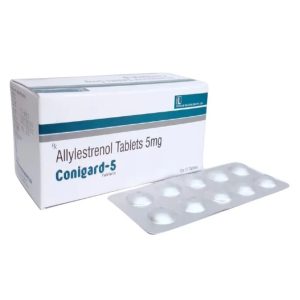Description
Arimidex is shown for the treatment of the widespread cancer of a mammary gland in women in postmenopause, who have a progressing disease on a background of therapy by Tamoxifen or another antiestrogen. In patients with a negative result of the test for receptors of estrogen, the efficiency of preparation has not been shown, except for those cases when there was a previous positive clinical answer on Tamoxifen.
The cancer of a mammary gland still takes one of the first places in a number of oncological diseases of women. Despite tremendous successes of modern oncology, the median survival rate of the people sick from the widespread cancer of a mammary gland remains constant during many years. The 5-years survival rate is only 15 %.
The mechanism of action of Arimidex
The vital issue in the last years is also the quality of life of the patients. Therefore hormonal therapy takes the important place and it is still actual. And with the advent of new preparations its borders are considerably widening.
The growth of many forms of cancer of a mammary gland depends on a level of estrogen, therefore decrease in a level of estrogen can lead to the stop or delay of development of a tumor.
In women in a postmenopausal period estradiol is formed basically due to the transformation of androstenedione in estrone by means of the enzyme of aromatase. Arimidex is a strong highly selective inhibitor of aromatase.
Contraindications
- At women in premenopause;
- At pregnancy and lactation;
- At patients with serious renal infringements (clearance of creatinine less than 20 ml/min);
- At patients with moderately and much-expressed diseases of a liver;
- At patients with known hypersensitivity to anastrozole or to other substances contained in a preparation specified on packing.
The preparations, containing estrogen, should not be appointed simultaneously with Arimidex. These preparations will level its pharmacological action.
Collateral actions
In general, Arimidex is well transferred. The adverse phenomena were basically easy and moderated and only in several cases, they were the reason for the termination of treatment.
The pharmacological action of Arimidex can lead to certain expected effects. These are inflows, dryness of a vagina and thinning of hair. Sometimes the patients accepting Arimidex, have:
- Gastroenteric symptoms (anorexia, nausea, vomiting, and diarrhea); asthenia;
- Drowsiness;
- Headache;
- Rash.
It was informed seldom about vaginal bleedings. They have arisen, mainly, at patients during the first several weeks after replacement of previous hormonal therapy by Arimidex. At persisting vaginal bleedings additional inspection is necessary
The causal relationship between anastrozole and inopectic infringements is not established. At clinical tests there was no statistical difference between frequency of inopectic infringements at reception of 1 mg of anastrozole and megestrol acetate. However at reception of 10 mg of anastrozole this frequency was lower.
At the patients with the spreading cancer of mammary gland, the majority of which had metastasized in the liver, the hepatic changes (an increase of a level of gamma-GT and, less often, alkaline phosphatase) were marked. The causal relationship of these changes was not established.
During the clinical tests of Arimidex, a small rise of a level of the general cholesterol was marked.
Arimidex is counter-indicative at pregnancy and lactation
It is unlikely that Arimidex breaks this ability, however in connection with messages about asthenia and somnolence, connected with reception of Arimidex. It is recommended to approach with care to a question of management of techniques at a repeating occurrence of these symptoms.
Safety measures
It is not recommended to apply Arimidex at children as its safety and efficiency at this group of patients was not established.
Menopause should be confirmed biochemically in case of doubts in the hormonal status of the patient.
There are no data about the safety of Arimidex at patients with the moderate and strong hepatic infringements, or at patients with the expressed infringements of renal function







Reviews
There are no reviews yet.